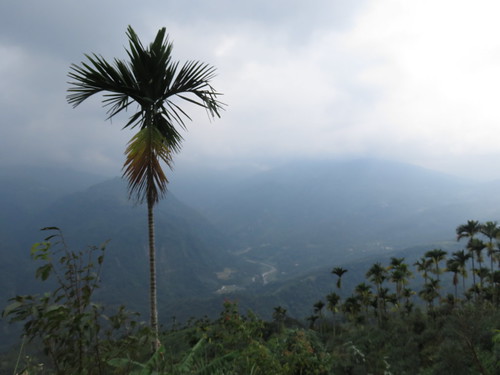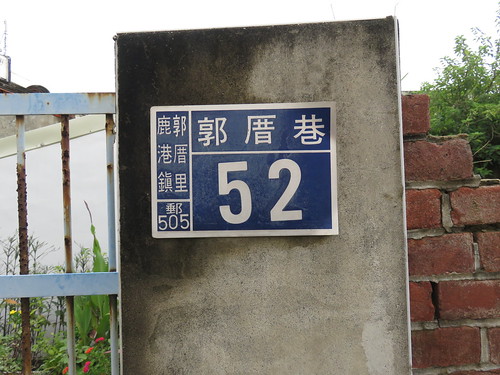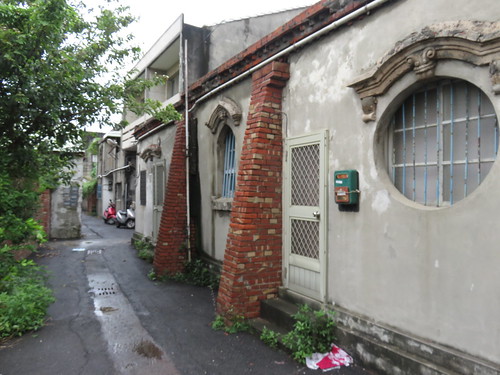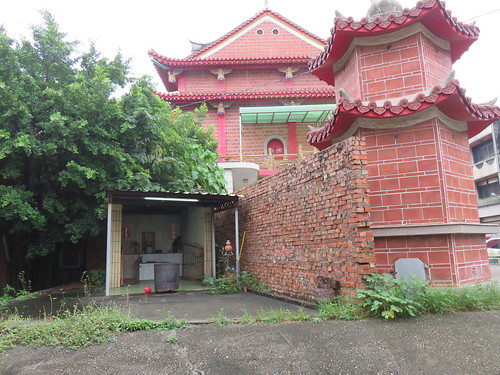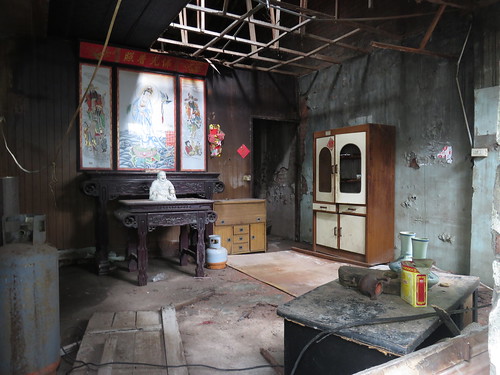" ...But we have crossed millions of miles of nothingness. We have visited another world. And our Locar had said `Why bother? What is the worth of it? It is all vanity, anyhow.'Friends and readers...
And the secret is," I lowered my voice, as at a poetry reading, "he was right! It is vanity, it is pride!"
"You will say to them in Warwickshire: Eh, he wor a wonderly fine candle?"
I should have been a pair of ragged claws
Scuttling across the floors of silent seas.
"For those Dark Ages were not really so very dark — they were full of flickering lanterns, and even if the light had gone out of Europe altogether, there were other rays, literally from China to Peru, at which it could have been rekindled. But the Dark Ages that are to come will cover the whole world in a single pall; there will be neither escape nor sanctuary, save such as are too secret to be found or too humble to be noticed."
For over a decade now I have run this blog. Somehow, it became bigger than me, a kind of institution in which my role was more custodial than authorial. It has changed my life, filled it with interesting, passionate, and insightful people, kindled friendships, and informed and inspired others. It has been a privilege to be the steward of this blog, one I shall cherish to the end of my days.
The truth is, though, I have become exhausted. I cannot face another post. I have come to the end, of myself, and of this blog. And there at that end, I find, not myself, but all the others who have made this blog so special. It is to them I dedicate this, the final post on this blog.
My debt is boundless. Many, many wonderful, intelligent, insightful human beings have contributed to the making of this blog, through comments, alerting me to events, explaining things to me, or just plain being inspiring over the years. I'd like to thank Andrew Kerslake, Michael Fahey, Michal Thim, Jeff Miller, Clyde Warden, Courtney Donovan Smith, Frank Muyard, Martin Williams, Ian Rowen, Karl Smith, Michael Cannon, Kitsch Liao, SYS, Ben Goren, Max Hirsch, Xander, Readin, Julia Famularo, Linda Arrigo, Robert Kelly, Jason Cox, David Reid, Aaron Sechrist, Paul Barclay, Tim Maddog, June Teufel Dreyer, Tammy Turner, Ottavia Huang, Paul Barclay, Rupert Hammond-Chambers, Tim Ferry, Kathrin Hille, Gerrit van der Wees, Chen Hui-ling, Coen Blaaw, Yang Ji-lin, Mark Stokes, Jon Sullivan, Steve Yates, Domenic Alonge, Chris Horton, Dennis Engbarth, Mark Harrison, Paul Snyder, Thomas Liao, Jeff Martin, Scott Simon, Avron Boretz, Shirley Kan, Kerim Friedman, Jenna Lynn Cody, Carrie Kellenberger, James Fallows, Marc Antony, Chang Rui-chuan, Michael Klein, Edouard Roquette, David Tsai, Arthur Waldron, Mike Fagan, Peter Enav, Mike Crabendam, Rashmi, David Curtis Wright, Bill Hayton, Brock Freeman, Josh Ellis, Bruce Jacobs, Ian Easton, Kharis Templeman, Peter Chow, Michella, John Tkacik, Ross Feingold, Scott Harold, Chris Nelson, David Tsai, Dwight Jurling, Andrew Bott, Francois-Xavier Bonnet, Andrew Leonard, Frances Chan, Clive Ansley, Katy Hui-wen Huang... so many, I cannot remember them all.
A special thanks to TC Lin, Roland Soong, and Scott Sommers, whose blogs were inspirational for this one.
A very special thanks of deepest affection to my first Taiwan teacher, Bob Sutter. Still drawing on what you taught, all those years ago.
I'd like to thank all my readers. I wish I could give all of them a hug. I have received so many emails from all over the world, and thousands of comments. Each one was a small kindness that meant so much to me. Thank you.
I'd like to thank all my students, who taught me so much about Taiwan, and who have been so patient with my infinite supply of new misunderstandings.
I'd like to thank all the researchers whose work has appeared here. I wish I had the brains and energy to do your work justice and to understand it properly.
I'd like to thank all the people who said 'yes' when I requested: "Can I put this on my blog?"
Oh yeah, and I'd like to thank the media. Those of you who read this blog know why.
And finally my family: Sebastian, Sheridan, and Sylvia. Love you all so much. I hope you can forgive me for all the time I put into this blog.
As for me, look for me on a road, somewhere in the mountains of Taiwan.
You'll find me.
"In peace, may you leave this shore. In love, may you find the next. Safe passage on your travels, until our final journey to the ground"
_______________________
[Taiwan] Don't miss the comments below! And check out my blog and its sidebars for events, links to previous posts and picture posts, and scores of links to other Taiwan blogs and forums!

